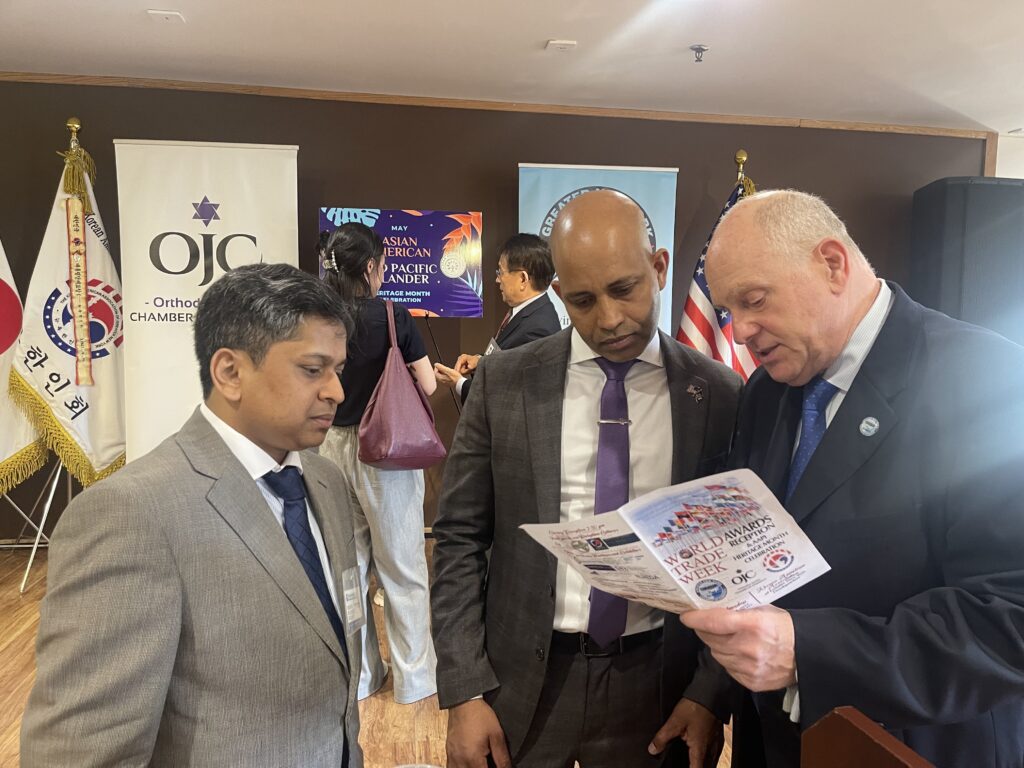About Us

About Us
Creating A Country For Every Citizen
Inclusive Governance
Participatory Democracy: Encourage active citizen participation in decision-making processes through public consultations, referendums, and open forums.
Decentralization: Empower local governments to address community-specific needs, ensuring that decision-making is closer to the people affected by those decisions.
Transparency and Accountability: Implement strong mechanisms for transparency and accountability in governance, such as open data initiatives and independent anti-corruption bodies.
Equal Access to Basic Services
Healthcare: Ensure that healthcare services are affordable, accessible, and of high quality for all citizens, with special attention to vulnerable populations.
Education: Provide free or affordable education to all, with a focus on quality and inclusiveness to cater to different learning needs.
Housing: Develop affordable housing programs to ensure everyone has a safe and decent place to live.
Economic Opportunities for All
Job Creation: Foster an environment conducive to job creation through support for startups, SMEs, and foreign investments.
Fair Wages: Implement and enforce fair wage policies to ensure that all workers can earn a living wage.
Social Safety Nets: Establish robust social safety nets, including unemployment benefits, pensions, and social security, to protect citizens in times of need.
Social Equity and Justice
Anti-Discrimination Laws: Enact and enforce laws that prevent discrimination based on race, gender, religion, disability, or other characteristics.
Gender Equality: Promote gender equality through policies that ensure equal opportunities and rights for all genders.
Legal Aid: Provide accessible legal aid services to ensure that all citizens can seek justice regardless of their financial situation.
Community and Cultural Integration
Community Engagement: Foster strong community ties and social cohesion through community centers, local events, and cultural programs.
Cultural Preservation: Protect and promote the cultural heritage and diversity of the nation, ensuring that all cultural groups feel valued and included.
Integration Programs: Develop programs to integrate minority groups and immigrants into society, promoting mutual respect and understanding.
Environmental Sustainability
Sustainable Development: Pursue development projects that balance economic growth with environmental protection.
Renewable Energy: Invest in renewable energy sources to ensure a sustainable and environmentally friendly energy supply.
Conservation Programs: Implement programs to conserve natural resources and protect biodiversity.
Education and Lifelong Learning
Universal Education: Ensure that every child has access to free, quality education, from early childhood through secondary school.
Adult Education: Provide opportunities for adult education and vocational training to enable continuous learning and skill development.
Inclusive Curriculum: Develop an inclusive curriculum that reflects the diversity of the nation and promotes critical thinking, empathy, and civic responsibility.
Healthcare and Wellbeing
Universal Healthcare: Ensure that all citizens have access to comprehensive healthcare services without financial hardship.
Mental Health Services: Provide accessible mental health services and promote mental health awareness.
Public Health Programs: Implement public health programs focused on prevention, healthy lifestyles, and disease control.
Technological and Digital Inclusion
Digital Infrastructure: Develop robust digital infrastructure to ensure that all citizens have access to the internet and digital services.
Digital Literacy: Promote digital literacy programs to equip citizens with the skills needed to navigate and benefit from the digital world.
E-Government Services: Implement e-government services to make public services more accessible and efficient.
Implementation Strategy
Stakeholder Collaboration: Collaborate with various stakeholders, including government agencies, private sector, NGOs, and international organizations.
Policy Framework: Develop and implement a comprehensive policy framework that addresses the diverse needs of all citizens.
Monitoring and Evaluation: Establish monitoring and evaluation mechanisms to track progress and make necessary adjustments to policies and programs.
Continuous Improvement
Feedback Loops: Create systems for continuous feedback from citizens to inform policy and program adjustments.
Innovation and Adaptation: Foster a culture of innovation and adaptability in public administration to respond to emerging challenges and opportunities.
Regular Assessments: Conduct regular assessments of social and economic indicators to ensure that the country’s development is inclusive and equitable.
By focusing on these strategies, a country can create an environment where every citizen feels valued, has equal opportunities, and can contribute to and benefit from the nation's progress.
